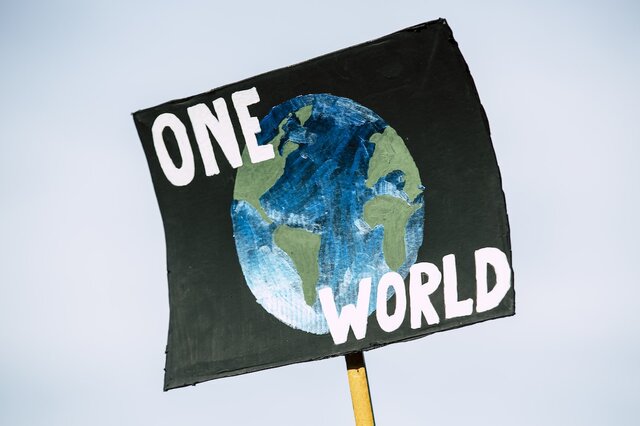Cape Town — Ahead of the COP28 climate change conference taking place in the United Arab Emirates (UAE) later this month, there are questions over whether plans will be put in place to meet key objectives.
The COP28 climate conference takes place annually and this is the 28th edition. The conference is about world leaders coming together to negotiate global goals in an effort to tackle climate change.
One of the key objectives of this year is to accelerate the transition in a way that puts world economies on a path to a low-carbon, high-growth and sustainable economic model, according to ESI-Africa.
However, the demand for fossil fuel still remains too high to keep within the agreed upon goal of limiting average global temperatures to 1.5 degrees Celsius.
📢 Current national climate action plans remain insufficient to limit global temperature rise to 1.5°C.
Much more action and ambition is needed. #COP28 must be the turning point where governments get on track.
Read more: https://t.co/q5TAXr45Lg pic.twitter.com/Q3Ki1V4Lw2
— UN Climate Change (@UNFCCC) November 14, 2023
The fossil fuel outline is in accordance with IEA’s World Energy Outlook 2023, which despite impressive clean energy growth, carbon emissions could rise up to 2.4 degrees Celsius within this century.
It was noted that energy grids are an important part of different country’s and their electrical systems. The importance will increase as new energy systems develop. There are worrying signs that grids are not able to keep up with the growth of key, clean energy technologies such as solar and wind energy.
African countries such as South Africa, Tanzania and Kenya have are trying to address their issues head-on by putting transmission plans in place.
This year’s COP will deliver the first-ever Global Stocktake, which will be a comprehensive evalution of the progress against climate goals.
Follow African Insider on Facebook, Twitter and Instagram
Picture: Unsplash
For more African news, visit Africaninsider.com
Compiled by Matthew Petersen


